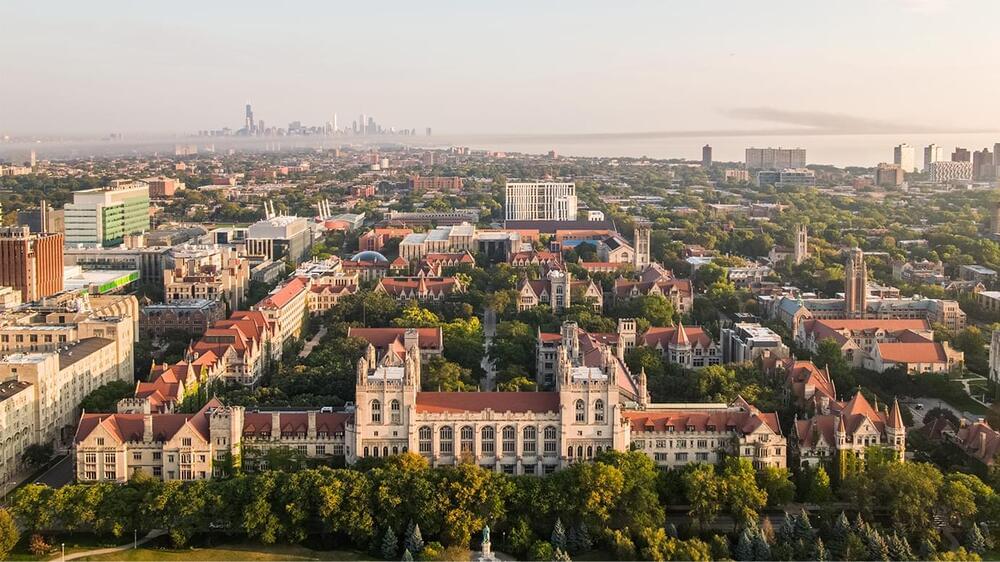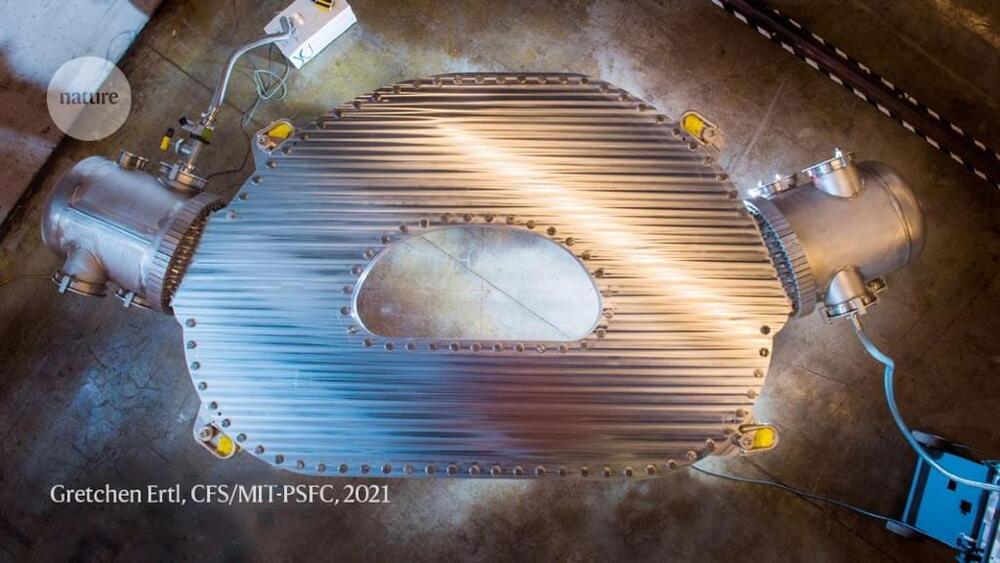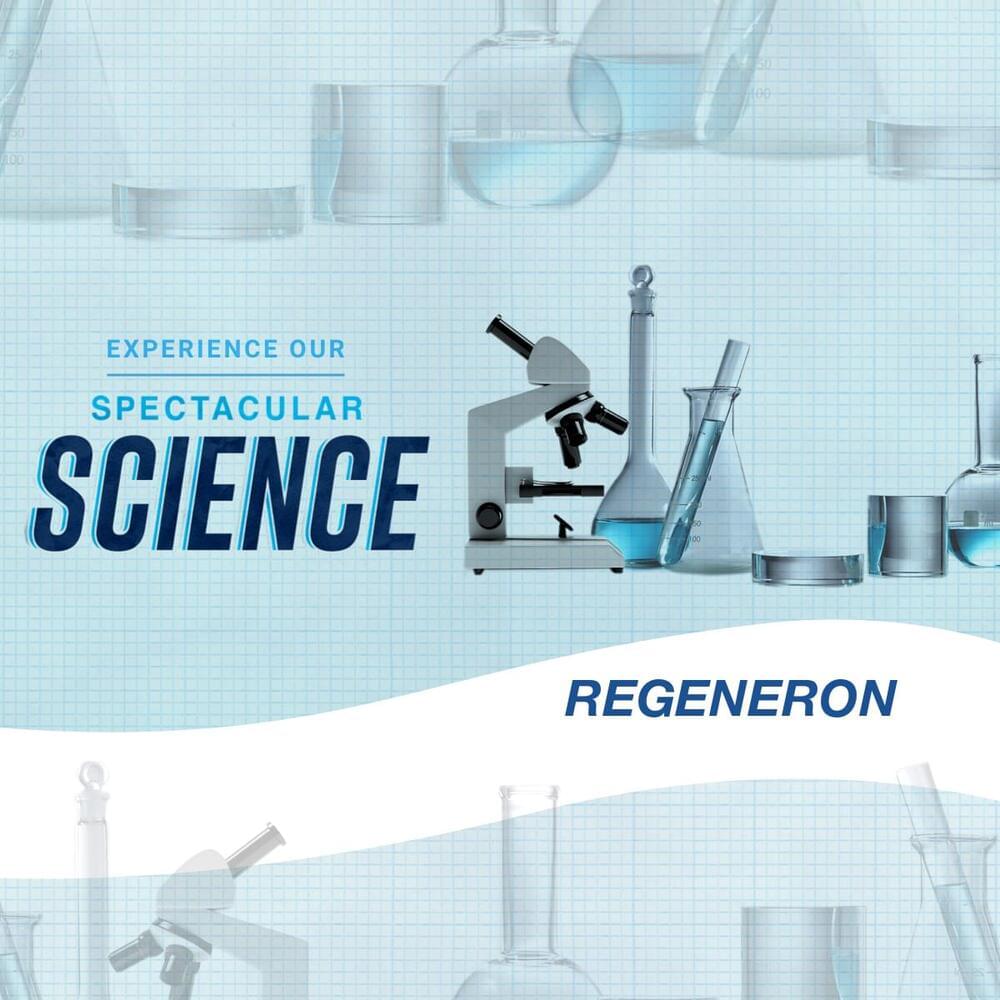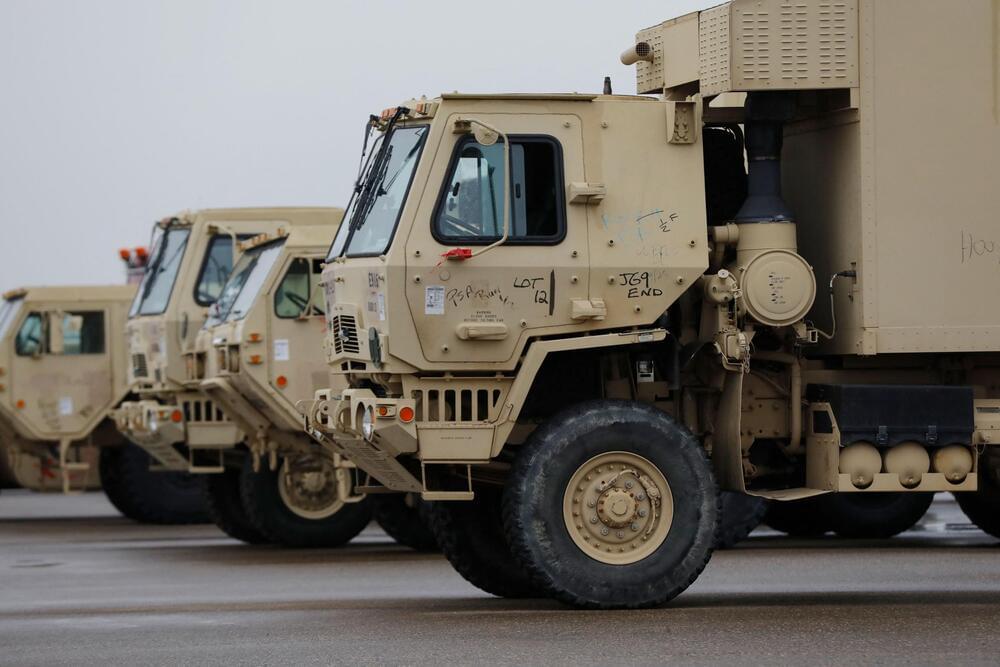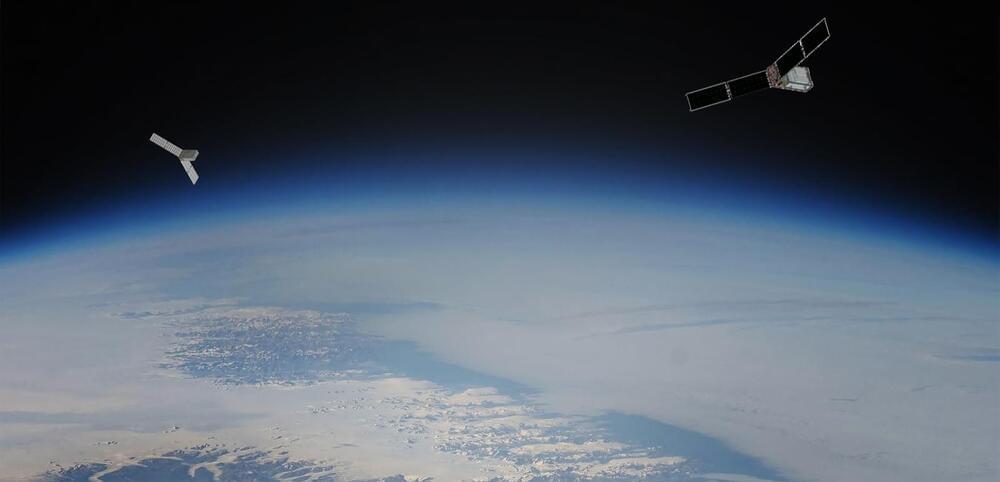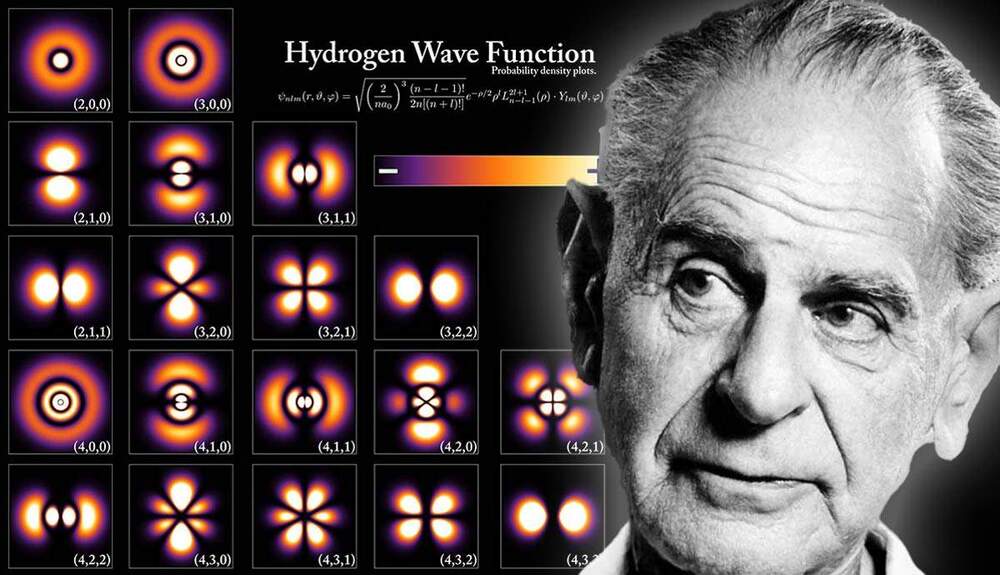Archive for the ‘science’ category: Page 23
Sep 3, 2023
How would room-temperature superconductors change science?
Posted by Shailesh Prasad in categories: materials, science
The prized materials could be transformative for research — but only if they have other essential qualities.
Aug 31, 2023
Gödel Machine — Jürgen Schmidhuber / Serious Science
Posted by Dan Breeden in categories: robotics/AI, science
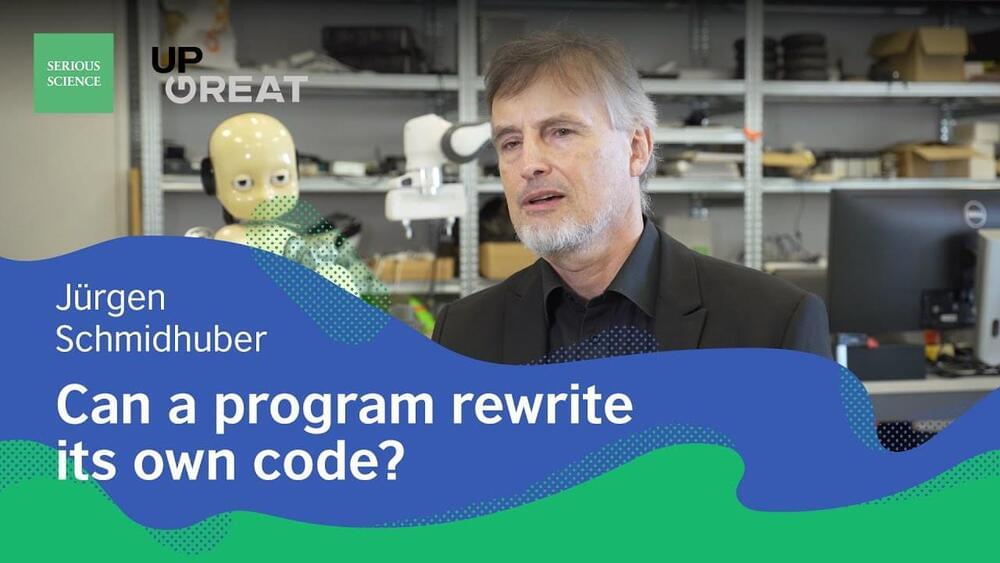
AI specialist Jürgen Schmidhuber on Kurt Gödel, meta learning and fundamental limitations of computability.
Read the full text on our website: http://serious-science.org/godel-machine-10426
Continue reading “Gödel Machine — Jürgen Schmidhuber / Serious Science” »
Aug 30, 2023
Regeneron Technology and Spectacular Science
Posted by Paul Battista in categories: biotech/medical, science
Learn about Regeneron’s Spectacular Science and home-grown technologies accelerating drug discovery and development such as VelociGene®, VelociMouse®, VelocImmune® and more.
Aug 29, 2023
Quantum simulator helps to unlock a major science mystery
Posted by Gemechu Taye in categories: chemistry, computing, quantum physics, science

A new study exemplifies how the strides made in quantum computing are now being harnessed to unlock the secrets of fundamental science.
Scientists at Duke University have harnessed the power of quantum-based methods to unravel a puzzling phenomenon related to light-absorbing molecules, according to a new study published in Nature Chemistry.
Continue reading “Quantum simulator helps to unlock a major science mystery” »
Aug 28, 2023
Could We Transform America Into a Science-Industrial Complex?
Posted by Zoltan Istvan in categories: biotech/medical, government, health, military, neuroscience, science
I’m excited to share my new opinion article for Newsweek. It advocates for transforming America from a military-industrial complex into a science-industrial complex! Give it a read!
America spends 45 percent of its discretionary federal spending on defense and wars, while around us, the world burns in ways that have nothing to do with fighting or the military. Global warming has escalated into an enormous crisis. A fifth of everyone we know will die from heart disease. And an opioid crisis is reducing the average lifespans of Americans for the first time in decades. There’s plenty of tragedy, fear, and hardship all around us, but it has nothing to do with the need to make more bombs. It does, however, have to do with science.
It seems obvious America should do something different than spend so much of its tax dollars on defense. We should consider halving that money, and directing it to science, transforming America from a military-industrial complex into a science-industrial complex. Despite science and technological progress being broadly responsible for raising the standard of living around the world over the last 50 years, America spends only 3 percent of its GDP ($205 billion) on science and medical research across the federal government. Notably, this is dramatically less than the $877 billion the U.S. will spend on defense this year.
Continue reading “Could We Transform America Into a Science-Industrial Complex?” »
Aug 27, 2023
Human Immortality | Life Extension | Advancements in Science
Posted by Shubham Ghosh Roy in categories: biotech/medical, economics, education, life extension, science
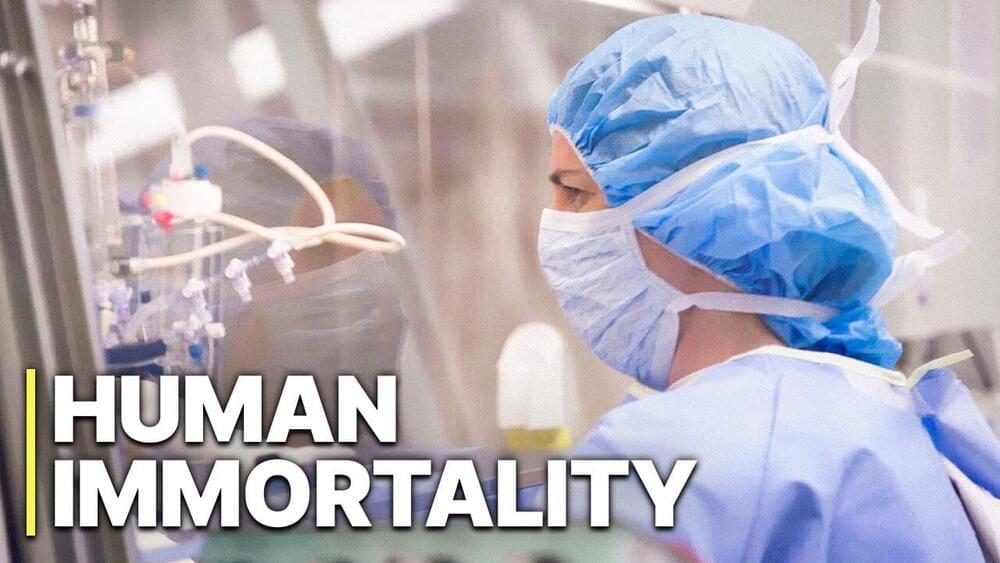
Human Immortality — If you thought Human Immortality was just a concept in science fiction, this episode reveals how it will become science fact. For some scientists featured in this program, achieving Immortality is not a question of ‘If’. The real question is ‘When?’.
Human Immortality (2022)
Director: Emma Watts.
Writers: Kyle McCabe, Christopher Webb Young.
Stars: Samantha Brady, Aubrey DeGrey, Leonard Guarente.
Genre: Documentary.
Country: United States.
Language: English.
Release Date: August 31, 2022 (United States)
Continue reading “Human Immortality | Life Extension | Advancements in Science” »
Aug 16, 2023
Rocket Lab to launch pair of NASA Earth science cubesats
Posted by Genevieve Klien in categories: energy, satellites, science
WASHINGTON — NASA selected Rocket Lab to launch a pair of cubesats in 2024 to monitor energy entering and exiting the polar regions of the planet.
NASA announced Aug. 14 it awarded a task order through its Venture-class Acquisition of Dedicated and Rideshare (VADR) contract to Rocket Lab for the launch of two 6U cubesats for the Polar Radiant Energy in the Far-InfraRed Experiment, or PREFIRE mission.
The NASA announcement did not disclose the value of the task order. The agency stated in past awards done under VADR that the pricing is considered “proprietary” because the awards are competed in a closed environment, with only companies on the VADR contract eligible to bid on launches of taxpayer-funded missions.
Aug 15, 2023
Sharpening “Occam’s Razor” — The Mathematical Quest To Simplify Science
Posted by Dan Breeden in categories: mathematics, science
In science, the simplest explanations often hold the most truth, a concept known as “Occam’s Razor.” This principle has shaped scientific thought for centuries, but when dealing with abstract ideas, how do we evaluate them?
In a new paper, philosophers from UC Santa Barbara and UC Irvine discuss how to weigh the complexity of scientific theories by comparing their underlying mathematics. They aim to characterize the amount of structure a theory has using symmetry — or the aspects of an object that remain the same when other changes are made.
After much discussion, the authors ultimately doubt that symmetry will provide the framework they need. However, they do uncover why it’s such an excellent guide for understanding structure. Their paper appears in the journal Synthese.
Aug 12, 2023
Is Quantum Mechanics a Science? Here’s What Karl Popper Thinks
Posted by Dan Breeden in categories: quantum physics, science
The crisis of understanding, according to Popper, arose in physics along with the Copenhagen interpretation, or, more precisely, from the point of view of Bohr and Heisenberg on the status of quantum mechanics.
In his opinion, quantum mechanics should be interpreted as the last revolution in physics, since the inherent boundaries of knowledge were reached in it.
